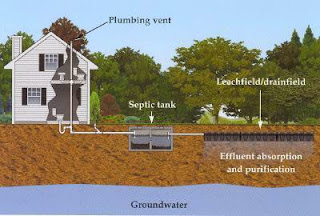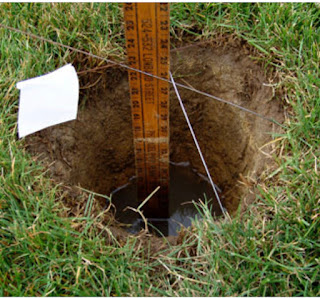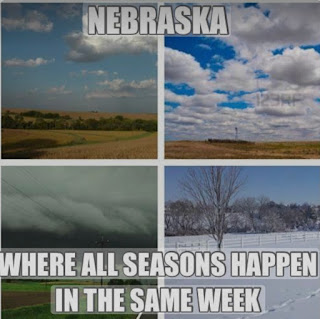LATERAL FIELD: Care and Maintenance

Today I will elaborate on the septic system drainfield and the best way to care for it. In the diagram above, you can see all the components of a septic system. There is a tank and a leachfield/drainfield. When I talk to customers, many of them are confused as to what makes up a septic system. I would say many think that all they have is a tank and that is it. However, the bigger portion of the septic system (and also the most expensive part) is the leachfield/drainfield/lateral field. This part of the septic system is where the final treatment takes place and where every last drop of wastewater is absorbed from your home. It is important to know where your lateral field is located. If this portion of your system becomes damaged or inhibited in any way, it will ruin the functionality of your septic system. Below are two examples of what is being installed today for lateral fields. ...





